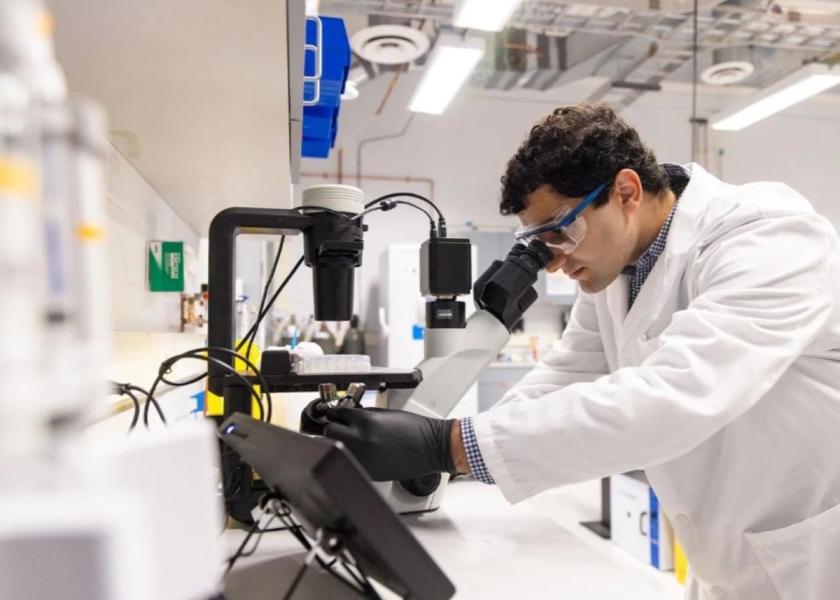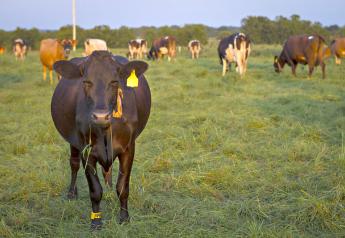Tufts University Makes Students' Cellular Ag Dreams Come True

In his Value Creation in Cell Ag class, Tufts senior Adham Ali was tasked to work with a group of peers to design a product using cellular agriculture (or cell ag for short) to make life easier for consumers.
Ali is one of the first to take part in "the world’s first and only undergraduate degree in the field," according to Tufts University.
What was the product he and his group designed? An endless essential oil diffuser.
“You would put your diffuser in the house and the cells would keep growing to create essential oils that make your house smell better,” he told Tufts University. “You’d never have to go to the store for essential oils again.”
This new minor is a vital step toward securing the future of cellular agriculture, says David Kaplan, Stern Family Professor in the Department of Biomedical Engineering and executive director of the Tufts University Center for Cellular Agriculture (TUCCA).
“Graduate students have had the opportunity to contribute to research and industry aims in cellular agriculture for a while now,” Kaplan said in a release. “But while we’ve offered classes to undergraduates and welcomed them into the lab, ours is now the first program that allows them to graduate with an actual degree in the field. Now we’ll have the chance to guide and collaborate with students who have an interest in cell ag from their earliest days at Tufts,”
This minor will allow students to enter the field as professionals with a deep background and years of engagement in the subject, he pointed out.
The minor in cellular agriculture is designed to provide undergraduates with the opportunity to advance tissue engineering research and to translate cellular agriculture research into food industry innovation. The minor is available to students in either Tufts School of Engineering or the School of Arts and Sciences.
Students who register for the minor take six classes in the subject, including two core courses, a research project course, and three elective courses. Electives include offerings such as Food, Nutrition, and Culture; Food Systems: From Farm to Table; and Bringing Products to Market.







